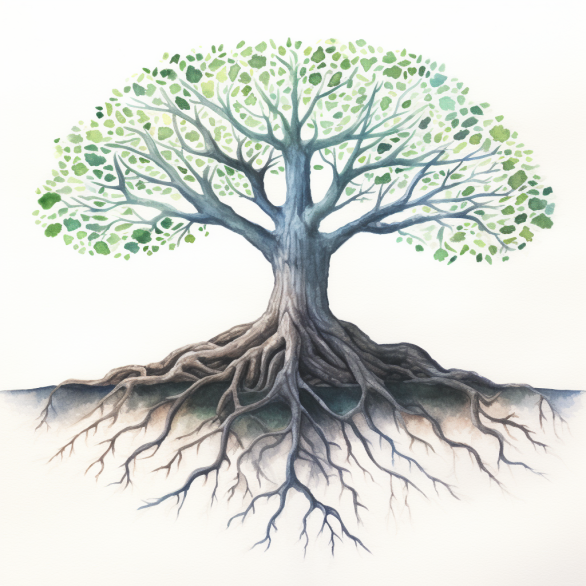“Preserving Cognitive Autonomy in the Age of Technology and Social Media: Navigating the Digital Maze”

“In a world of endless information and constant connection, true cognitive autonomy is the art of filtering the noise, discerning the truth, and shaping your own narrative amidst the digital deluge.” Introduction Today’s digital age, the concept of cognitive autonomy…











